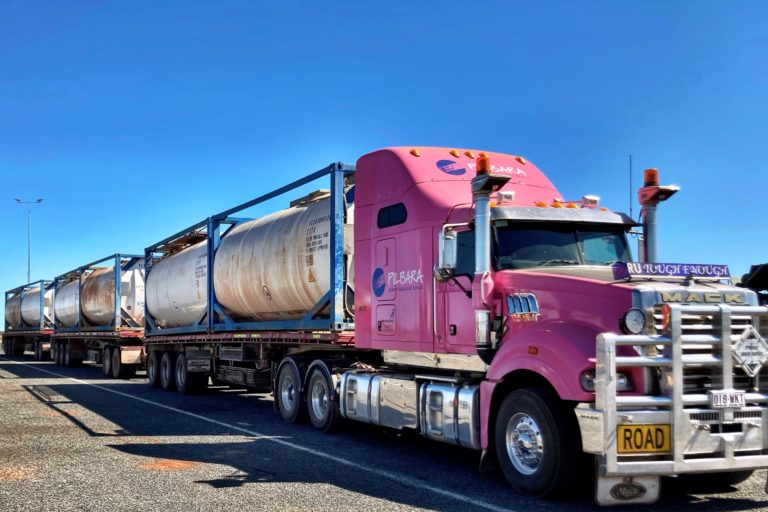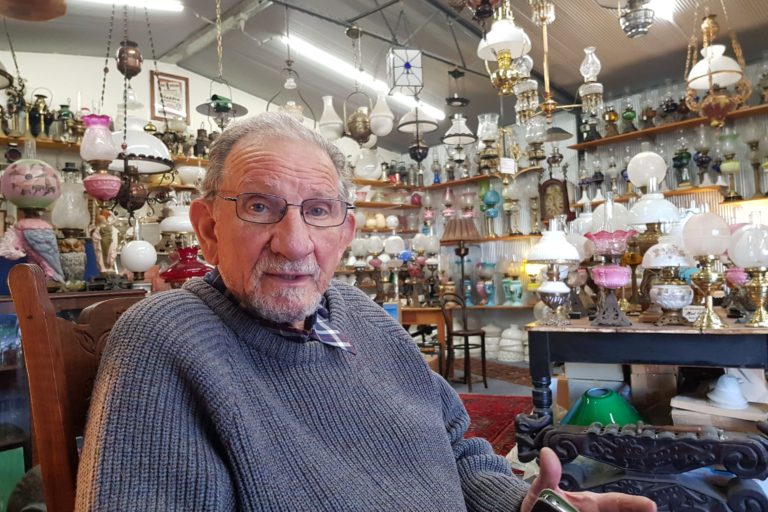By Neena Bhandari
Sydney, 25.11.2011 (Business Standard): Australia is emerging as an important market for Indian textiles and handicrafts. To capitalise on this untapped bilateral trade potential, as many as 60 Indian businesses showcased some of the finest wares at the three-day Australian International Sourcing Fair held from November 22-24 at the Sydney Convention and Exhibition Centre here.
“Brand India’s aim is to introduce or re-acquaint the Australian textile, fashion and design industry to what India has to offer in terms of creativity, quality, variety, flexibility and timeliness,” said Siddhartha Rajagopal, executive director, The Cotton Textiles Export Promotion Council of India (TEXPROCIL).
India’s textile and clothing export sales in 2010-11 were worth $25 billion and are projected to reach $32 billion in 2011-12. “While China dominates 90 per cent of the Australian market, India is second at merely four per cent followed by New Zealand at three per cent. In the first half of 2011, our exports have touched $350 million and because of these fairs there has been a significant growth. We expect to touch $500 million by 2012,” Rajagopal told Business Standard.
India is the largest producer of organic cotton and jute, second largest producer of raw cotton and silk. Australian buyers are looking at India as a reliable source market. “Our strengths lie in the quality and diversity of fabrics, weaves, colours, range of embroidery interspersed with beads and sequins. Indian innovation is following a global approach to product styling, finishing, redefining quality, visual merchandising and international collaborations,” Rajagopal added.
The event is seen as a catalyst for raising the profile of Indian merchandise to Australian buyers. “It is my first time in Australia and we have got an order for half a million t-shirts a year,” said Subash V Momaya, merchandising manager, Eastman Exports, a division of Eastman Exports Global Clothing Pvt Ltd.
Major departmental stores like KMART, Myer and Target are already sourcing from India. CMN Muruganandan, partner at Tirupur, Tamil Nadu-based Gomathy International that exports knitted garments, has been participating in sourcing fairs in Australia for the past three years estimates a 20 per cent growth this year in his company’s sales to Myer alone.
“The sourcing fair has been significant in providing opportunities in the Australian market. This time we have got orders from a leading sportswear company for three styles of cotton knit t-shirts for men, women and boys. Their team will visit our factories for an audit clearance in January 2012 and the first shipment of 10,000 units per style should be on its way by April-May. A company from Victoria has placed an order for 3,000 units of Rugby style t-shirts and another company has ordered 2000 units of basic t-shirts, which they will get printed in Australia,” Muruganandan told Business Standard.
On show were India’s finest woven and knitted apparels, fabrics, home textiles, accessories, coir, jute, leather and handicraft products. “Export of Indian handicrafts to Australia has been only 1.31 per cent of India’s total exports of handicrafts. Since Australia imports handicrafts from various other sources, Export Promotion Council for Handicrafts (EPCH) will now aggressively market by participating in various trade shows like this to boost exports,” said EPCH Executive Director Rakesh Kumar.
Australia is a small, but high-end market where buyers are willing to pay for quality. “I have had Australians come to my village to see artisans weaving and embroidering stoles and shawls. They value art and don’t negotiate for price,” said Vankar Vishram Valji, an award winning handicraftsman from Bhujodi village in Bhuj-Kutch, Gujarat.
India is also attractive for sourcing as it has the capability of providing flexible volumes. “In China, the quantities are too big for a small entrepreneur like me. Indian exhibits are more creative and give you the option of better quantities to order, making it easier for small and medium entrepreneurs to enter the market,” said Donna Keagan, who has retail and wholesale ladies garment business based in Nelson Bay (New South Wales). She has placed an order of 35 styles of printed cotton dresses from Aryavart, a government recognised export house, based in Sitapur, Jaipur.
The fair also gives Australian designers an opportunity to put their product to major retailers. Australian buyers are looking at a wide array of jute bags and Khadi products.
The Khadi Village Industries Commission (KVIC) has subsidised stall fee and airfare, providing an opportunity for micro, small and medium entrepreneurs to study and do business in foreign markets. M Anbalagan of KMA Exports from Kongarapatti in Tamil Nadu has had enquiries from about 50 buyers for his natural indigo fabric and hair dyes made from plant extracts and he is hoping that at least some of the enquiries would translate into business deals. Similarly, there has been ample interest in denim and cotton pants manufactured by H A Apparels from Ahmedabad.
TEXPROCIL, which has organised ‘Brand India’ shows in Australia for the past two years, is joined by other apex bodies including India Trade Promotion Organisation, EPCH, Apparel Export Promotion Council, Handloom Export Promotion Council, National Jute Board, Coir Board and Khadi Village Industries Commission to forge new business relationships and build on existing ones.
The other countries participating in the fair included Pakistan, Bangladesh, Nepal, Thailand, Indonesia, Hong Kong and Korea. The event was co-located with the China Chamber of Clothing and Textiles Expo.
© Copyright Neena Bhandari. All rights reserved. Republication, copying or using information from neenabhandari.com content is expressly prohibited without the permission of the writer and the media outlet syndicating or publishing the article.


